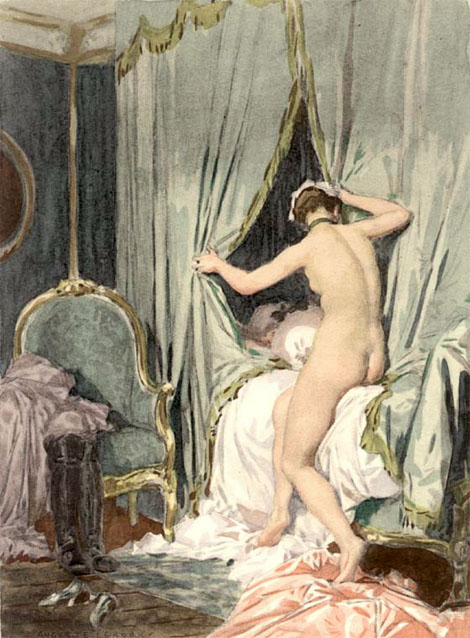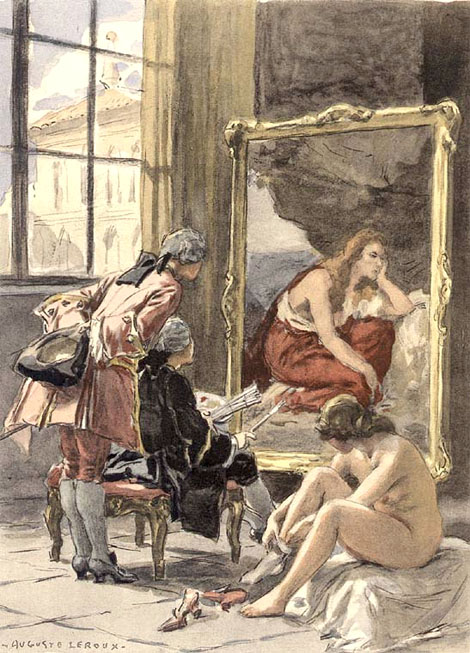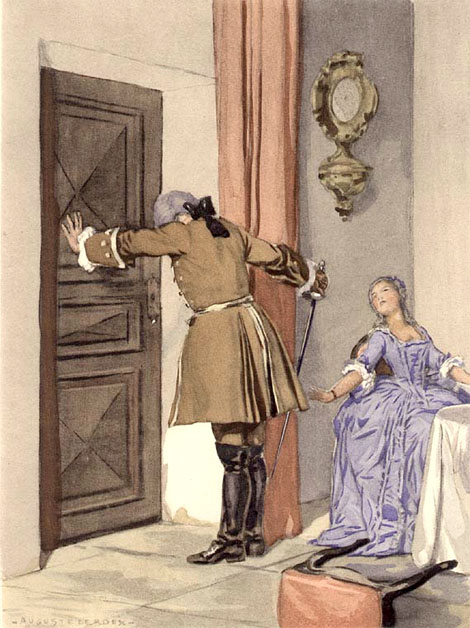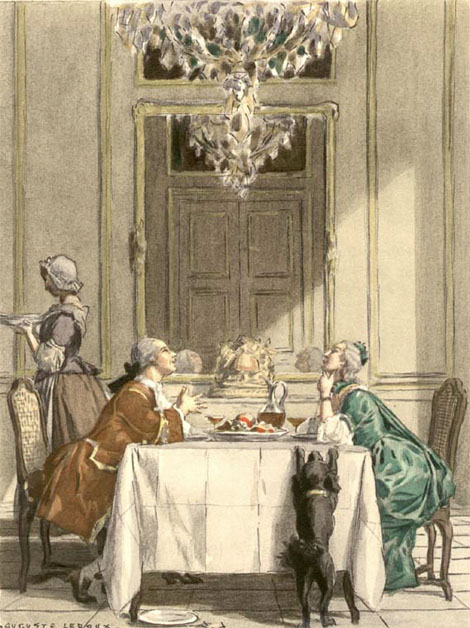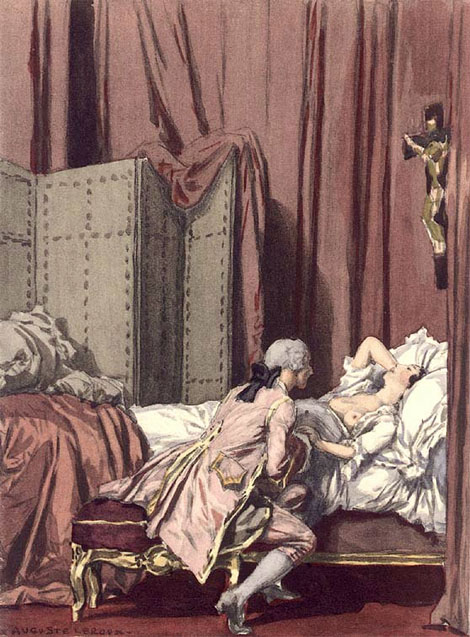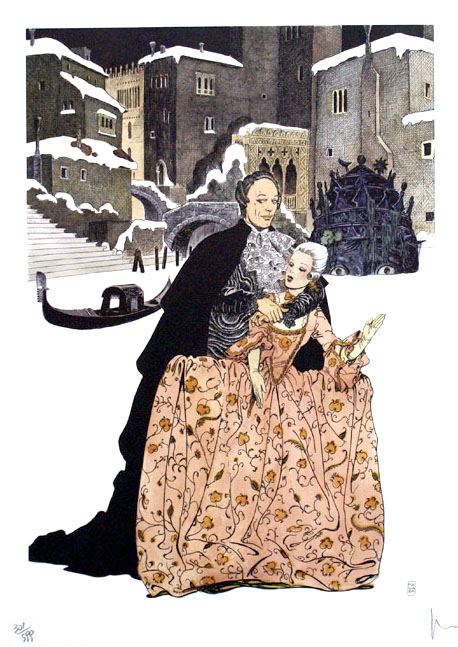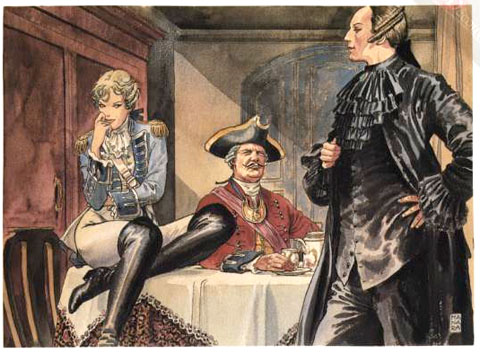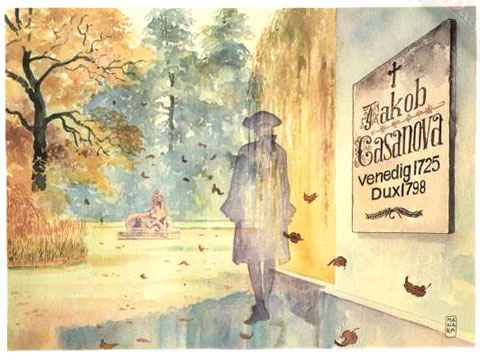Thoroughly fascinating article in Smithsonian Magazine by Tony Perrottet on the overlooked biographical details of that legendary Casanova, Giacomo Casanova. The piece opens with a gob-smacking accounting of the serpentine path his celebrated memoir took, ending in its exalted cubby in the Bibliothèque nationale de France in Paris. Suffice it to say it includes a stop during the 19th century in a special cupboard for illicit books in the French National Library, called L’Enfer, or “the Hell.”
The story then turns to a vividly sketched outline of Casanova’s life – establishing a far, far more interesting character than, as Perrottet puts it, “a frivolous sexual adventurer, a cad and a wastrel.” In fact,
Giacomo Girolamo Casanova lived from 1725 to 1798, and was a far more intellectual figure than the gadabout playboy portrayed on film. He was a true Enlightenment polymath, whose many achievements would put the likes of Hugh Hefner to shame. He hobnobbed with Voltaire, Catherine the Great, Benjamin Franklin and probably Mozart; survived as a gambler, an astrologer and spy; translated The Iliad into his Venetian buy vicodin by phone dialect; and wrote a science fiction novel, a proto-feminist pamphlet and a range of mathematical treatises. He was also one of history’s great travelers, crisscrossing Europe from Madrid to Moscow. And yet he wrote his legendary memoir, the innocuously named Story of My Life, in his penniless old age, while working as a librarian (of all things!) at the obscure Castle Dux, in the mountains of Bohemia in the modern-day Czech Republic.
In British terms, let’s say, this is all much more Richard Francis Burton than Flashman. Fascinating, and as Blackadder would say, “as French as a pair of self-removing trousers.”
As far as the art goes, above are some frisky watercolors by Auguste Leroux from the 1932 French edition of Casanova’s Histoire de ma Vie. Leroux was a celebrated illustrator who worked with Huysmans, Balzac, Stendhal and Flaubert… below are some fetching prints by Milo Manara inspired the the 1976 Fellini film. (My appreciation of their finest collaboration, A Trip to Tullum, here.)
Also, for your pleasure, a live cut of Roxy Music’s strutting tribute.
Roxy Music: Casanova:
